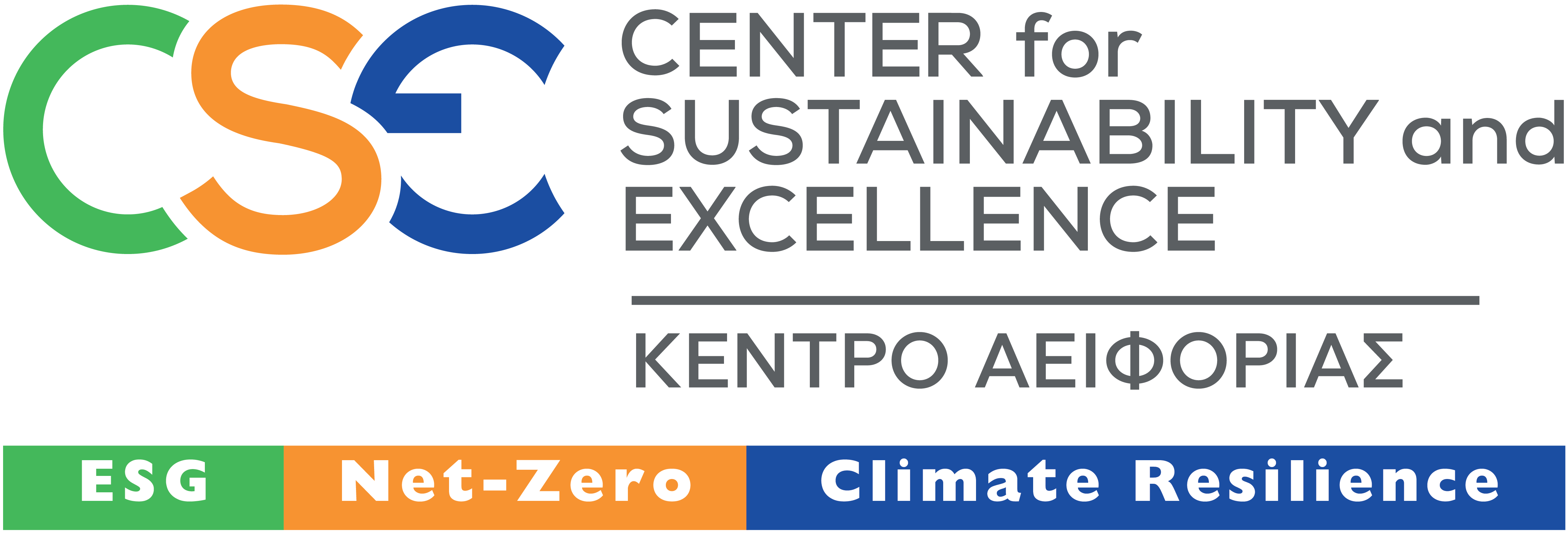Nikos Avlonas
President and Founder of Center of Sustainability and Excellence (CSE)
During our lifetime there is a plethora of products that are produced in far way countries in conditions that are unknown to us – from clothing to electrical devices. Serious issues are being identified in multi-national supply chains that have global operations, particularly in the areas of human and basic rights violation, affecting health and safety of people as well as the environment.
It has been proven for example, that supply chain working conditions can be described through harsh working conditions and pressure for labour cost reductions, frequent violations of human rights, application of over-time work, child labor, discrimination, sexual harassment, exposure to toxic substances and penalties being imposed on workers that attempt to form trade unions.
There are, unfortunately, few national laws that have been introduced to end such practices, with the exception of France, where a law has been voted in 2017 that commits corporates with legal obligations towards their subsidiaries and their suppliers in the case of human rights violations and destruction of the environment. The Law was introduced after a series of serious events created public international outrage, such as the collapse of the Rana Plaza and the fires in the factories of Bangladesh and Pakistan, causing the death of more than 1500 people.
The new French Law applies the corporate duty of vigilance that recognizes the legal responsibility of corporates a responsibility which extends to their situations of external outsourcing, their subsidiaries, their contractors and their suppliers in the instances of human rights violation and negative environmental impacts. In parallel, the Law addressed the legal complexity of multinational companies, as well as the different commercial relations in which their might become involved with other partners.
The Law, which is the fruit of the labor of long term public campaigns, is a big step forward and more specifically in the fight against the lack of consequences and punishment of multinationals and other companies that violate the rights of their workers, the local communities in which they operate and the pollution they create globally. Despite this, there was a great pressure applied from the private sector against the Law which delayed the adoption of the Law and in some respect reduced the context in which the law could be applied (for example the article regarding the large penalties on Company CEOs was cancelled).
But the fact remains that this law laid the foundations for further international and binding legislation, and sparked negotiations at the United Nations on the creation of an international, legally binding instrument involving multinational companies in full compliance with human rights and other CR topics.
Unfortunately, there are not many similar laws in the rest of the world. Governments are often reluctant to regulate the operation of multinational companies in their global supply chains. However, such arrangements would be both beneficial and profitable for businesses that want to do the right thing, without this meaning that they will be overcome by their competitors who do not. Such an example is Apple that has serious issues of non-observance of good working practices in China.
In the context of a global market, companies are now judged and evaluated based on the respect they have demonstrated in the global principles of social and environmental responsibility and in the face of all their interested parties, as well. Ethical companies that operate transparently have been proven to be rewarded by customers and consumers and this has been verified by global surveys.
It is possible that the initiative of France will serve as an example for other advanced countries to enact their own laws, but what is needed is a global legislation, binding and not just as a recommendation, a Global standard for the protection of human rights in supply chains. In this direction, the International Labour Organization intends to create a new multinational Treaty. The aim is to strengthen and make it mandatory for multinationals and other organizations to be responsible for their subcontractors, particularly in developing countries, in order to promote a Sustainable Corporations.








